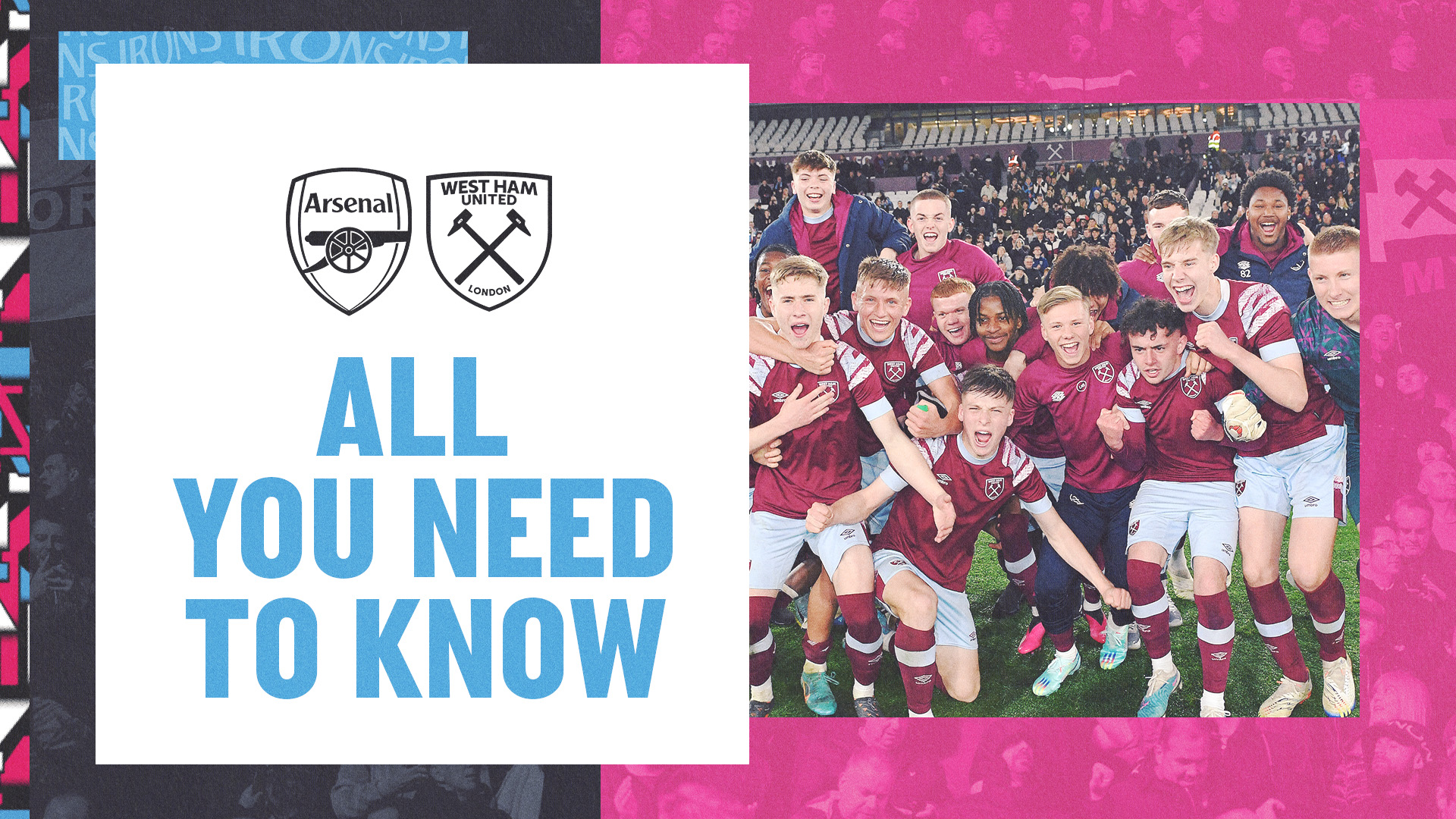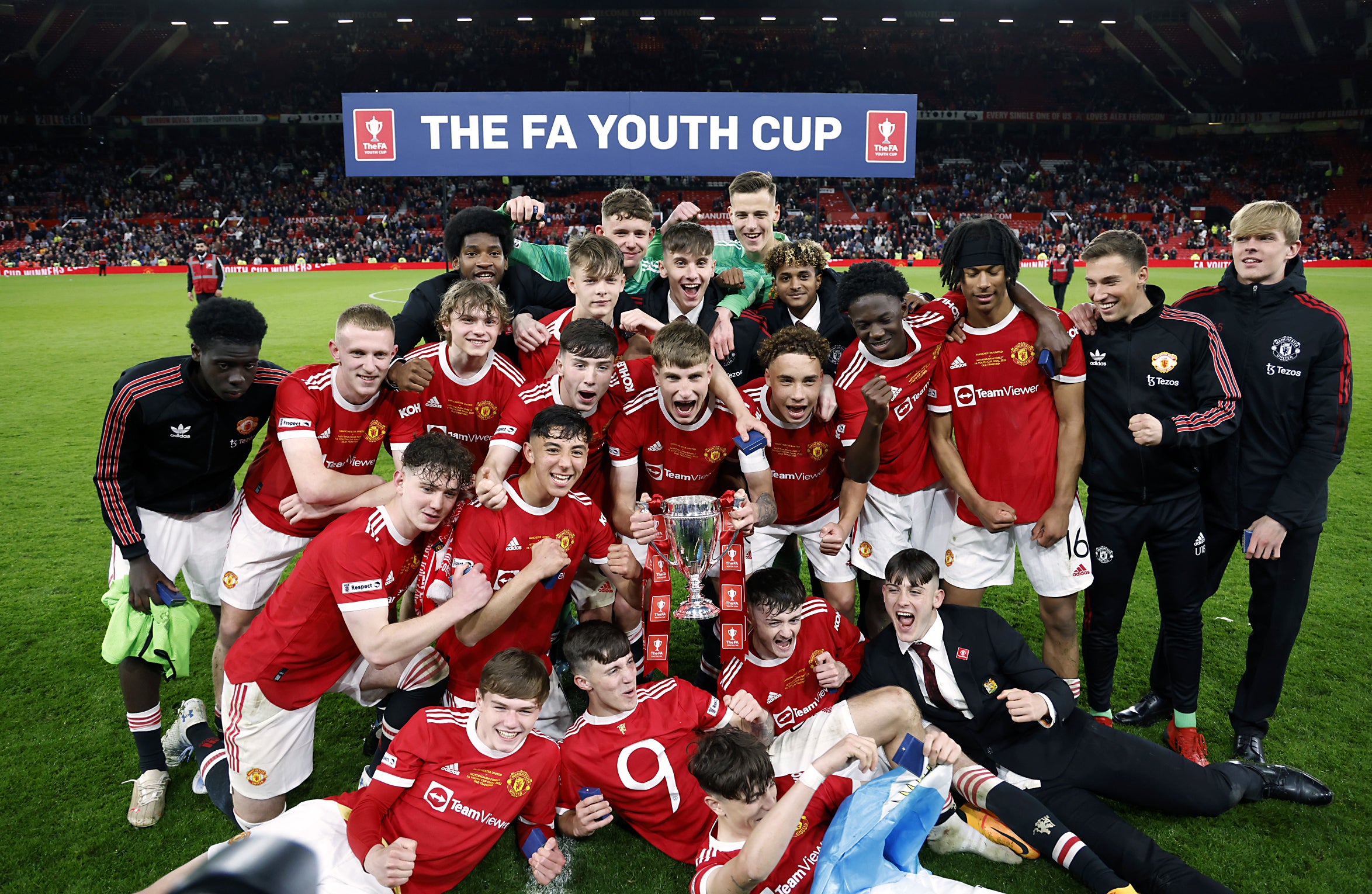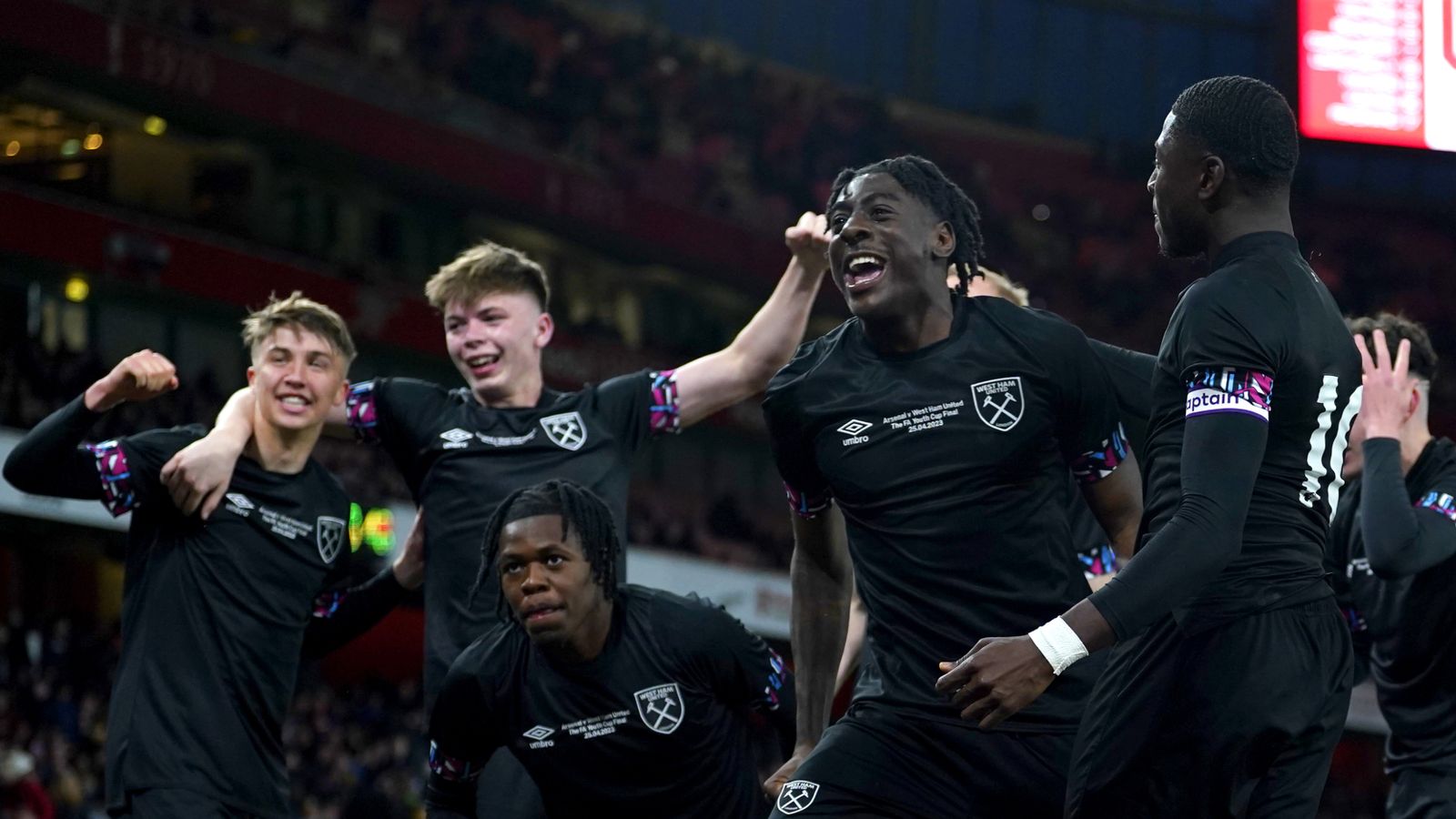FA Cup Youth Final: The culmination of years of dedication and skill, this prestigious tournament showcases England’s brightest young footballing talent. From its humble beginnings, the competition has evolved into a highly anticipated event, attracting significant media attention and passionate fans. This year’s final promises another thrilling spectacle, with a captivating display of athleticism and youthful exuberance.
The FA Cup Youth Final offers more than just a match; it’s a glimpse into the future of English football. It provides a platform for young players to showcase their abilities on a national stage, often serving as a springboard to professional careers. The competition’s rich history, coupled with the electrifying atmosphere, makes it a must-see event for football enthusiasts of all ages.
A History of the FA Youth Cup Final
The FA Youth Cup, a cornerstone of English football’s youth development system, boasts a rich history filled with thrilling matches and future stars. Its evolution reflects the changing landscape of youth football, from a relatively small-scale competition to a highly-anticipated event with significant media attention.
Evolution and Significant Moments of the FA Youth Cup
Established in 1952, the FA Youth Cup initially featured a smaller number of participating teams. Over the decades, its growth mirrored the increasing professionalization of youth football. Key moments include the rise of dominant teams like Manchester United in the 1990s, showcasing the tournament’s role as a breeding ground for talent. The introduction of live television coverage significantly boosted the competition’s profile, attracting wider audiences and enhancing its prestige.
Understand how the union of la league cup can improve efficiency and productivity.
Historical Data on Winning Teams and Players
Analyzing the historical data reveals trends in team dominance and the emergence of exceptional players. The following table provides a glimpse into the competition’s past, highlighting key winning teams, match scores, and notable players.
| Year | Winning Team | Score | Notable Players |
|---|---|---|---|
| 1953 | West Bromwich Albion | 3-2 | (Data unavailable for this year, requires further research) |
| 1992 | Manchester United | 2-1 | David Beckham, Paul Scholes, Nicky Butt |
| 2003 | Manchester United | 3-0 | Darren Fletcher, Kieran Richardson |
| 2011 | Manchester City | 2-1 | (Data requires further research) |
Participating Teams and Players
The qualification pathway for the FA Youth Cup involves a tiered system, starting with regional rounds. Elite clubs typically field strong youth teams, employing sophisticated scouting and recruitment processes to identify and nurture talent. Playing styles vary, with some teams prioritizing possession-based football while others focus on direct, counter-attacking strategies.
Team Qualification and Player Recruitment
- Teams qualify through regional qualifying rounds.
- Top clubs utilize extensive scouting networks, both domestically and internationally.
- Recruitment involves assessing technical skills, physical attributes, tactical awareness, and mental fortitude.
- Trials and youth tournaments provide platforms for talent identification.
Key Attributes of Successful Youth Players

Success in the FA Youth Cup often hinges on a combination of technical ability and mental resilience. The following attributes are crucial:
- Technical proficiency: Excellent ball control, passing accuracy, and shooting ability.
- Tactical awareness: Understanding of team formations and positional play.
- Physical attributes: Speed, stamina, and strength.
- Mental strength: Ability to handle pressure, maintain focus, and bounce back from setbacks.
- Teamwork and leadership qualities: Ability to collaborate effectively and inspire teammates.
Match Day Atmosphere and Fan Experience
The FA Youth Cup Final is renowned for its electrifying atmosphere. The build-up to the match creates a palpable sense of anticipation, with fans showcasing their unwavering support for their respective teams. The energy of the crowd significantly impacts player performance, providing a motivating force for both teams.
Sensory Experience of the FA Youth Cup Final, Fa cup youth final

The roar of the crowd, the smell of freshly cut grass, the vibrant colors of the team jerseys, the rhythmic beat of the drums – these sensory elements combine to create an unforgettable experience. The tension in the air is palpable as the teams take to the field, and every tackle, pass, and goal is met with a wave of emotions from the passionate fans.
Impact on Player Development
Participating in the FA Youth Cup provides invaluable experience for young players, accelerating their development both on and off the pitch. Many players who have competed in the final have gone on to have successful professional careers. The tournament contributes to their physical and mental growth, equipping them with the skills and resilience needed to succeed at the highest level.
Player Success After the FA Youth Cup
| Player Name | Subsequent Career Highlights |
|---|---|
| Wayne Rooney (Everton) | Premier League titles, Champions League appearances, England caps |
| David Beckham (Manchester United) | Multiple league titles, Champions League victory, Real Madrid career |
Broadcasting and Media Coverage: Fa Cup Youth Final
Media coverage of the FA Youth Cup has evolved significantly over the years. Initially limited to local newspapers, the competition now enjoys extensive television coverage and widespread social media engagement. This increased visibility enhances the competition’s prestige and provides young players with valuable exposure.
Growth of Media Coverage
A textual representation of an infographic illustrating the growth of media coverage: The infographic would show a steadily rising line graph, starting with minimal coverage in the early years and culminating in significant television viewership and extensive social media engagement in recent years. Key milestones, such as the introduction of live television broadcasts, would be marked on the graph.
The Future of the FA Youth Cup Final
The FA Youth Cup remains a vital competition for nurturing young talent. While the format may evolve to adapt to the changing dynamics of youth football, its core purpose – identifying and developing future stars – will continue to be paramount. Organizers will need to address challenges such as ensuring fair competition and maintaining its appeal to both players and fans.
Potential Growth Areas for the FA Youth Cup
- Increased international participation
- Enhanced digital engagement with fans
- Focus on player welfare and development programs
- Exploring opportunities for commercial partnerships
The FA Cup Youth Final is more than just a football match; it’s a testament to the enduring power of youth development in the sport. From the historical significance of past finals to the electrifying atmosphere of match day, the competition consistently delivers a captivating experience for players and spectators alike. As the tournament continues to evolve, its importance in nurturing future football stars remains undeniable, promising many more years of thrilling matches and memorable moments.

